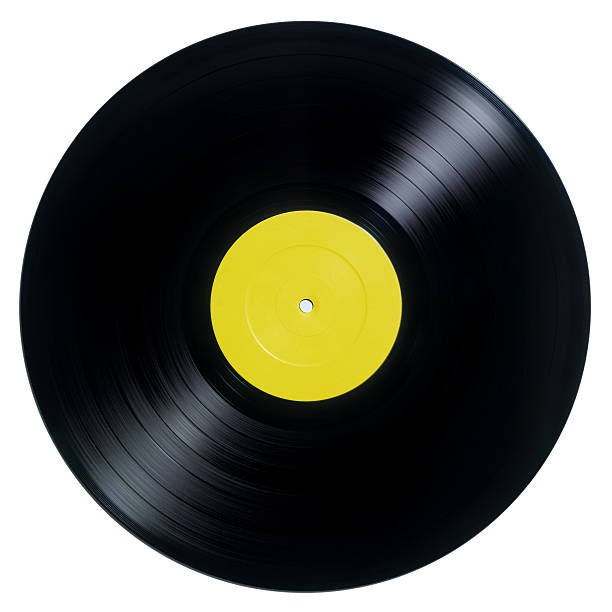Record Labels Sue AI Song Generators: Copyright Infringement Battle


Record labels are suing AI song generator apps for copyright infringement. This lawsuit highlights the growing tension between traditional creative industries and the advancements in artificial intelligence. The outcome of this case could have significant implications for both fields.
The Rise of AI Song Generators
AI song generators have gained popularity in recent years due to their ability to create music tracks that mimic the styles of popular artists. These apps use sophisticated algorithms and vast databases of existing music to generate new songs. While this technology has opened up new possibilities for music creation, it has also raised concerns about copyright and intellectual property rights.
The lawsuit filed by record labels alleges that AI song generator apps are infringing on copyrighted material. They argue that these apps are creating derivative works that closely resemble existing songs without proper authorization. This case brings to the forefront the legal challenges posed by AI-generated content.
Copyright Infringement and AI
Copyright law was designed to protect the rights of creators by granting them exclusive control over the use and distribution of their works. However, the rise of AI-generated content has complicated this legal framework. Determining whether AI-generated songs constitute copyright infringement is a complex issue that requires careful examination of both the technology and the law.
The Arguments
Record Labels’ Perspective: Record labels claim that AI song generators are producing songs that are too similar to existing tracks, thus violating copyright laws. They argue that these apps are profiting from the creative work of artists without providing proper compensation.
AI Developers’ Perspective: On the other hand, developers of AI song generators argue that their technology is creating entirely new works that are inspired by, but not copies of, existing songs. They claim that their creations fall under fair use and do not constitute copyright infringement.
Implications for the Music Industry
The outcome of this lawsuit could have far-reaching implications for the music industry. If the court rules in favor of the record labels, it could set a precedent that restricts the use of AI in music creation. This could stifle innovation and limit the potential of AI technology in the creative arts.
Conversely, if the court sides with the AI developers, it could lead to an explosion of AI-generated content in the music industry. This could challenge traditional notions of authorship and ownership, potentially leading to a shift in how music is created and distributed.
For the AI industry, this lawsuit highlights the need for clearer guidelines and regulations regarding the use of AI in creative fields. It underscores the importance of addressing copyright concerns to avoid legal battles and foster a harmonious relationship between AI technology and existing industries.
As AI technology continues to evolve, its impact on creative industries will only grow. This lawsuit is just one example of the challenges that lie ahead. Balancing the benefits of AI innovation with the protection of intellectual property rights will be crucial in ensuring a fair and sustainable future for both the music and AI industries.
Conclusion
The lawsuit between record labels and AI song generator apps is a pivotal moment in the ongoing evolution of both the music and AI industries. The resolution of this case will likely have significant implications for copyright law, creative expression, and technological innovation. As we await the court's decision, it is clear that the intersection of AI and creativity will continue to be a complex and dynamic area of legal and ethical debate.